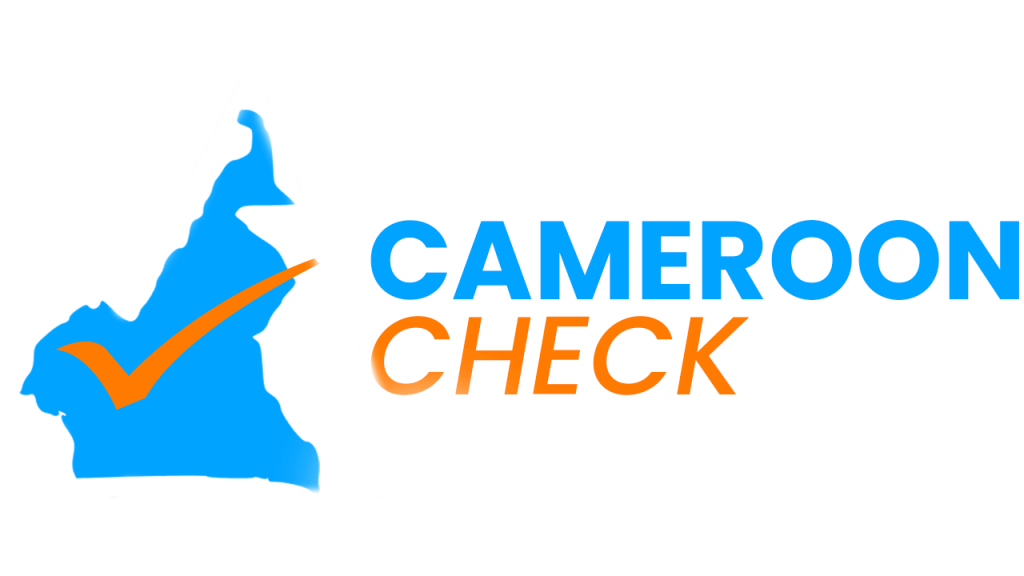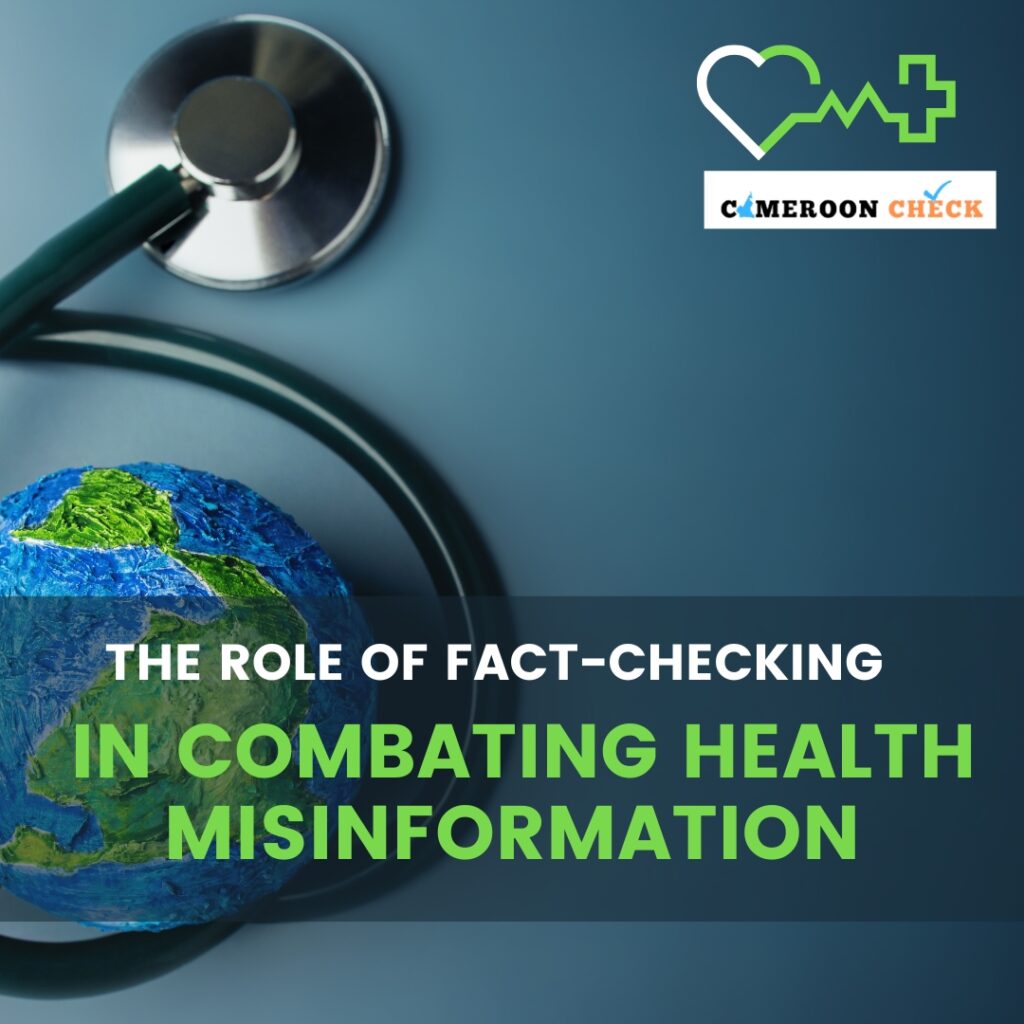The rapid spread of health-related misinformation has become a pressing concern, particularly in countries like Cameroon. The dissemination of false medical claims can have dire consequences, undermining public health efforts and leading to widespread confusion and mistrust. This article delves into the role of fact-checking in combating heath misinformation.
Despite considerable efforts to suppress fake news, health misinformation, including low-quality health news, persists and has even increased in recent years. The combination of the recent health crisis and the rapid development of Artificial Intelligence has led to the flourishing of misinformation on social media, which has become more sophisticated and difficult to detect. This situation highlights the need for fact-checking and raises questions about users’ abilities and attitudes when assessing news on social media. The active fact-checking behavior of social media users has garnered significant attention as a means to combat health misinformation.
The Impact of Health Misinformation in Cameroon
Cameroon has faced significant challenges with health misinformation, especially during the COVID-19 pandemic. For instance, rumors about hospitals being overwhelmed and testing being unavailable or costly have caused panic and deterred individuals from seeking medical help. Such misinformation not only strains the healthcare system but also hampers the efforts to control the spread of diseases.
Social inequalities play a crucial role in the adoption of health misinformation. A study revealed that misinformation adoption was significantly higher among females, low-income, rural dwellers, and less educated members of the population in Cameroon. These social factors determine the extent to which misinformation influences opinions and habits, leading to mistrust in health authorities, disease denial, vaccine hesitancy, and refusal of hospitalization.
Fact-Checking Interventions in Cameroon
To counteract the spread of health misinformation, Cameroon has seen the rise of digital first responders. These individuals, such as Professor Anne Njom Nlend, use social media platforms to debunk false information and provide accurate health updates. The #Africa Fact-Checking Fellowship Cameroon (#AFFCameroon) is another initiative that promotes fact-checking, data journalism, and digital rights among journalists and content creators. This program equips fellows with the skills needed to tackle misinformation challenges in their communities. Moreover, the introduction of fact-checking in indigenous languages has been a significant step towards bridging the information gap. It empowers communities by providing reliable information in native languages, encouraging critical thinking and media literacy.
Effectiveness of Fact-Checking Interventions
The effectiveness of fact-checking interventions is evident in the increased public awareness and improved health behaviors. By promoting accurate information and debunking myths, these interventions have contributed to a more informed public that is better equipped to make health-related decisions.
The battle against health misinformation in Cameroon is ongoing, but the role of fact-checking in combating heath misinformation has proven to be invaluable. By providing accurate information and fostering critical thinking, these initiatives are essential tools in promoting public health awareness and combating false medical claims. As Cameroon continues to face health challenges, the importance of fact-checking remains paramount in ensuring the well-being of its citizens.

